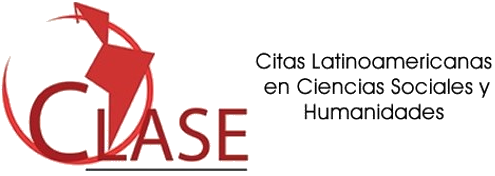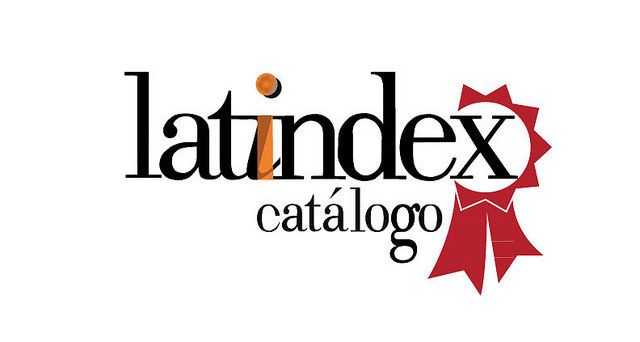The Spin of the Planet and the Crisis of Futures: Brief Commentary on the Text of Rossana Reguillo
DOI:
https://doi.org/10.29340/en.v6n11.307Keywords:
futurity, millennial, planetarity, technopoliticsAbstract
The turn of the millennium inaugurated a new phase in the history of humanity. From the post- boom of the ’90s, we moved to a new global consciousness, a product of cybernetics and ecological catastrophe. Humanity faces a crisis of futurity. The work of Signa Lab reflects this global turn in both its cybernetic and environmental aspects. Over three decades, the work of its founder, Rossana Reguillo, has been marked by the same political commitment and the same urgent concern about the persistence of violence, fears, atrocity, visuality, now articulated by technopolitics.
Downloads
References
Alfa y Omega (2001). Divina Revelación. Lima: s/e.
Ghosh, Amitav (2016). The Great Derangement: Climate Change and the Unthinkable. Chicago: University of Chicago Press. DOI: https://doi.org/10.7208/chicago/9780226323176.001.0001
Kolbert, Elizabeth (2021). Under a White Sky: The Nature of the Future. Nueva York: Crown.
Povinelli, Elizabeth (2016). Geontologies: A Requiem to Late Liberalism. Durham: Duke University Press. DOI: https://doi.org/10.1515/9780822373810
Miyoshi, Masao (1991). “Turn to the Planet: Literature, Diversity, Totality”. Comparative Literature, 43:4, pp. 283-97. DOI: https://doi.org/10.1215/-53-4-283
Spivak, Gyatri (2003). La muerte de una disciplina. Xalapa: Universidad Veracruzana.
Published
Issue
Section
License
Copyright (c) 2023 Encartes

This work is licensed under a Creative Commons Attribution-NonCommercial 4.0 International License.
Aviso de derechos de autor
- Los autores/as conservan los derechos de autor y ceden a la revista el derecho a la primera publicación con el trabajo registrado con la licencia de atribución Creative Commons, que permite a terceros utilizar lo publicado siempre que mencionen la autoría del trabajo y a la primera publicación en esta revista
- Los autores/as pueden realizar otros acuerdos contractuales independientes y adicionales para la distribución no exclusiva de la versión del artículo publicado en esta revista (por ej. Incluirlo en un repositorio institucional o publicarlo en un libro) siempre que indiquen claramente que el trabajo se publicó por primera vez en esta revista.
El material puede ser copiado, distribuido, comunicado, ejecutado públicamente. Se pueden hacer obras derivadas de él. No se puede utilizar para fines comerciales. Se debe reconocer y citar la obra de la forma en que tú especifiques.


